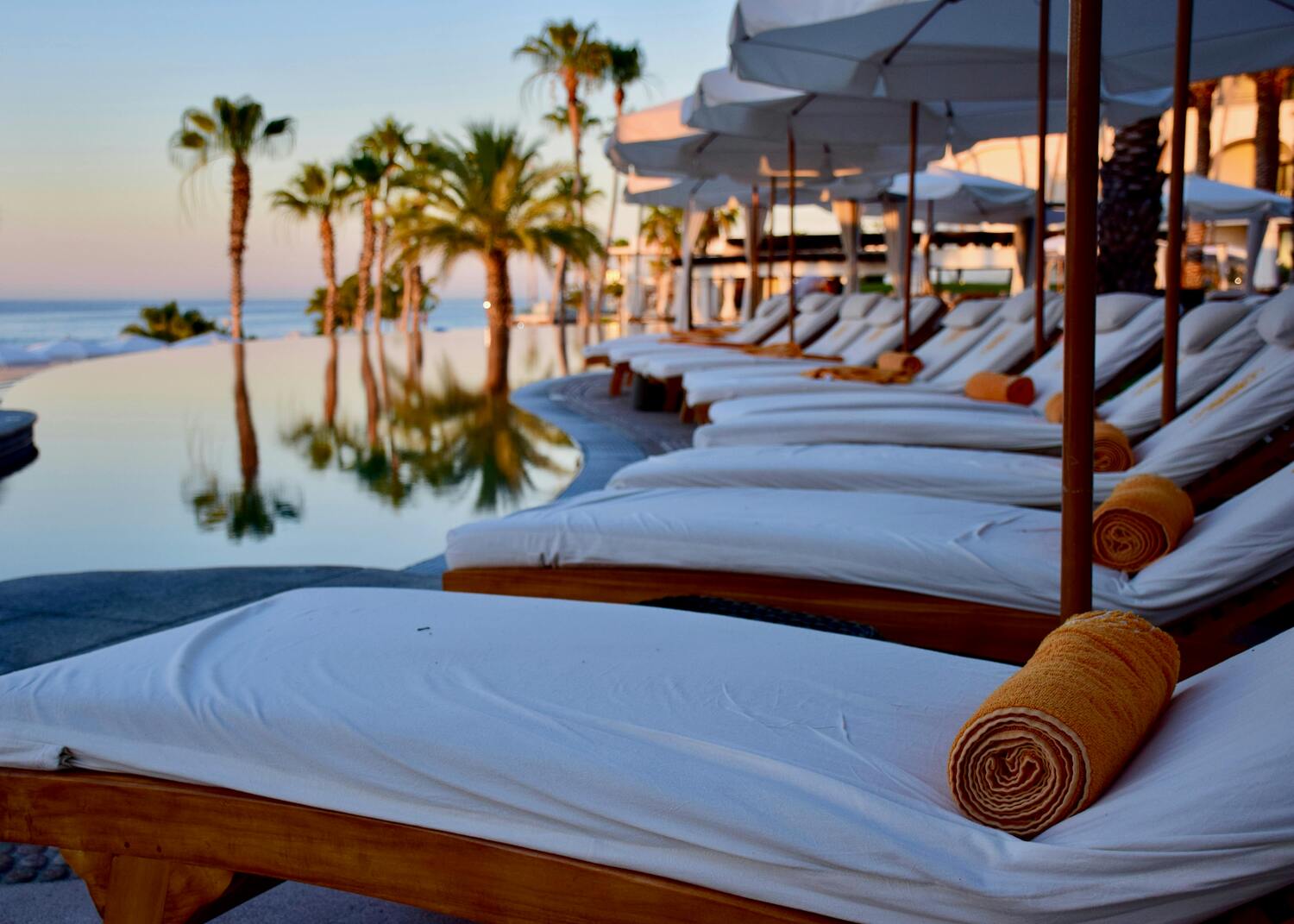Luxury travel is often seen as the ultimate way to unwind—impeccable service, lavish accommodations, private tours, and gourmet dining. It’s the dream vacation for many, promising exclusivity and unmatched comfort. But what many don’t realize is that the real cost of luxury travel goes far beyond the price tag on your booking confirmation. Hidden fees, extravagant extras, and unavoidable expenses can quickly add up, turning a seemingly perfect getaway into a financial headache.
If you’re considering splurging on a luxury vacation or just curious about what goes into the cost, this article uncovers the real expenses behind luxury travel. Understanding these costs can help you plan better, avoid surprises, and still enjoy the best travel experiences your money can buy.
The Real Cost of Luxury Travel
1. The Price of Luxury Accommodations Is Only the Beginning
When booking a luxury hotel or resort, the nightly rate often grabs your attention first. However, that figure rarely includes taxes, resort fees, service charges, or gratuities. These extra costs can add 20% or more to your final bill.
Resort fees, in particular, have become widespread and sometimes include access to amenities like pools, gyms, Wi-Fi, and parking, which may have once been free. It’s essential to ask about these fees upfront because they can turn a $600-a-night stay into a $750 or higher expense.
2. Premium Transportation Adds Up Fast
Luxury travel often involves private transfers, first-class flights, and chauffeur services. These premium transportation options provide comfort and convenience, but at a steep cost.
Private airport transfers, for example, can easily run hundreds of dollars each way. First-class and business-class airline tickets may be two to five times more expensive than economy fares. Additionally, tips for chauffeurs, bellhops, and personal drivers add up and should be factored into your budget.
3. Dining at Exclusive Restaurants Comes With Hidden Charges
Gourmet dining experiences are a hallmark of luxury travel. However, dining at high-end restaurants frequently involves more than just the menu prices. Taxes, mandatory gratuities, and additional fees for wine pairings or tasting menus often inflate the bill. Moreover, ordering bottled water, specialty cocktails, or premium wines can multiply your dining expenses. In some destinations, even service charges are automatically added, which can surprise travelers unfamiliar with local customs.
4. Luxury Activities and Experiences Carry Premium Prices
Part of the appeal of luxury travel is access to unique experiences—private tours, spa treatments, exclusive events, and personalized services. While these experiences elevate your trip, they usually come with premium pricing.
For example, a private guided tour may cost three to five times more than a group tour. Spa treatments, golf courses, or yacht rentals in luxury destinations are often priced far above average rates. These extras can dramatically increase your overall vacation budget if you’re not careful.
5. The Cost of Tips and Gratuities Adds Up Quickly
Tipping is an integral part of luxury travel, particularly in service-oriented destinations. While tipping for hotel staff, guides, drivers, and restaurant servers is customary, the amounts expected in luxury settings are often higher than what you’d typically give. Failing to budget for generous tips can result in awkward situations or unexpected out-of-pocket expenses. Planning a gratuity budget before your trip helps you stay prepared and respectful of local customs.

6. Hidden Fees for Convenience and Privacy
Luxury travel often offers convenience—things like expedited check-ins, priority boarding, luggage handling, and private lounges. However, these perks may come with additional fees not always disclosed upfront. Extra baggage fees, cancellation fees, and surcharges for special requests can quietly inflate your travel expenses. Even services that seem “included” in a luxury package may have fine print attached, so it pays to read the details carefully.
7. Travel Insurance for Luxury Trips Is Pricier but Essential
Luxury vacations typically involve more significant upfront investments and complex itineraries. Travel insurance designed for luxury travel often costs more because it needs to cover higher-value items, cancellations, and medical emergencies at exclusive resorts or private islands. While it adds to your overall trip cost, travel insurance is a crucial safety net that protects your investment and peace of mind.
8. Currency Exchange and International Transaction Fees
If your luxury destination is abroad, currency exchange rates and international transaction fees can quietly eat into your budget. Luxury travelers often make numerous purchases, from dining and shopping to tipping and excursions. Credit cards that charge foreign transaction fees can add 1-3% to every purchase. Exchanging currency at airports or hotels may come with poor rates and service charges, costing you even more.
9. Packing and Wardrobe Expenses
Luxury travel often means dressing the part—elegant outfits, designer swimwear, and appropriate attire for dinners or events. Packing for a luxury trip might require you to invest in new clothes, shoes, or accessories, which adds up quickly. Additionally, airlines’ baggage fees for extra or overweight luggage can be significant, especially if you pack multiple outfits for various occasions.
10. The Emotional Cost: Managing Expectations and Pressure
Luxury travel is not just about money. There’s also the emotional cost of managing expectations—both your own and those of travel companions. Sometimes, the pressure to keep up with luxury standards or to capture the “perfect” social media moment can add stress and detract from relaxation.
Recognizing this emotional toll is part of understanding the real cost of luxury travel and finding ways to enjoy your trip fully without unnecessary pressure.
Luxury Travel Costs More Than You Think. Plan Wisely
Luxury travel offers unforgettable experiences and exceptional comfort, but the real costs go far beyond the price tag you see when booking. Hidden fees, premium services, and lifestyle expenses add up fast, making it essential to plan carefully and budget realistically.
By understanding where these extra costs come from, you can avoid surprises and make smarter decisions to maximize the enjoyment of your luxury vacation. Whether you’re booking your first luxury trip or are a seasoned traveler, knowing the full picture helps you savor every moment without financial regrets.
Have you experienced unexpected costs on a luxury trip?
Read More:
How I Use Travel Credit Cards Without Spending a Fortune
10 Things People Regret About Waiting to Travel Until They Were Older
Read the full article here
















